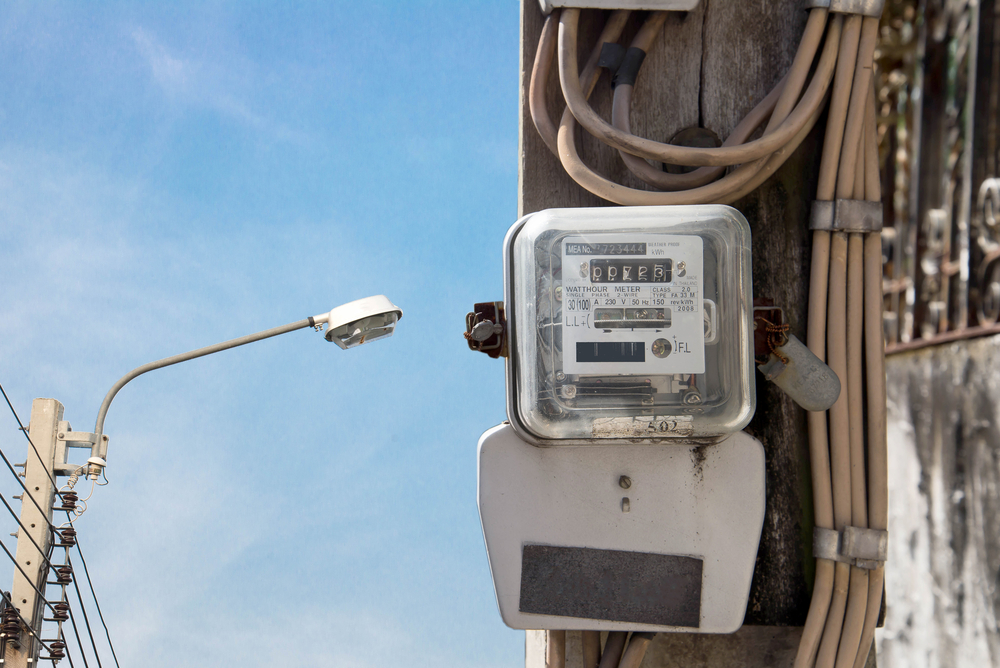For decades, we’ve been told that certain frugal habits are smart ways to stretch a dollar. They were passed down from parents, financial gurus, and common sense.
But the economy has shifted, technology has advanced, and some of these once-wise habits now backfire. In fact, continuing to follow them without reassessing could leave you more vulnerable to financial trouble rather than protected from it.
Here are nine money-saving habits that may have worked in the past but could be putting your finances at risk today.
1. Always Choosing the Cheapest Option
It seems like a no-brainer—buy the lowest-priced item to save money. But consistently going for the cheapest option can lead to spending more over time. Whether it’s electronics, appliances, or even clothing, lower-priced items often come with lower quality, meaning they wear out or break sooner.
When replacements become frequent, your total costs can exceed what you would have paid for a higher-quality product initially. In areas like home maintenance, tools, or health-related items, “cheap” can even mean unsafe. These days, it’s often wiser to evaluate the total cost of ownership rather than just the sticker price.
2. Skipping Preventive Maintenance to Save Money
Delaying oil changes, ignoring small roof leaks, or putting off dental checkups might seem like you’re avoiding unnecessary spending. In reality, neglecting preventive care, whether for your home, car, or health, often leads to much bigger bills down the road.
A small plumbing repair today could prevent a full pipe replacement later. Routine medical checkups can catch issues before they require costly treatment. Skipping maintenance is no longer a safe way to “save” money. It’s a gamble that can leave you with a financial emergency.
3. Keeping All Your Savings in Cash
Once upon a time, keeping money in a savings account felt safe and sensible. But with inflation rates often outpacing interest earned, parking all your savings in cash is a guaranteed loss of buying power over time.
While cash reserves are still important for emergencies, not putting some of your money to work in investments—whether through retirement accounts, index funds, or other vehicles—can mean falling behind financially. The risk now isn’t about market volatility alone; it’s about losing purchasing power every single year.
4. Buying in Bulk Without Checking Actual Use
Warehouse stores made bulk buying synonymous with smart savings. But if you’re stocking up on items that expire, get wasted, or don’t get used quickly enough, you’re not saving. You’re losing money.
Food spoilage, product degradation, and even the space costs of storing extra items can eat away at those “savings.” Bulk buying still works for frequently used non-perishable items, but buying without tracking your actual consumption patterns can create hidden financial waste.
5. Avoiding All Debt at Any Cost
For years, the mantra was “debt is bad.” While high-interest consumer debt is indeed harmful, avoiding all forms of debt, especially good debt, can limit your financial growth. For example, a mortgage on a reasonably priced home, a low-interest loan for education, or a business can be a strategic investment.
In today’s financial world, responsible use of debt can improve credit scores, open opportunities, and build wealth. Avoiding all debt outright might feel safe, but it could prevent you from taking advantage of tools that create long-term stability.
6. Extreme Couponing and Chasing Every Deal
There was a time when clipping coupons could dramatically reduce your grocery bill. Now, extreme couponing often leads people to buy things they don’t need or spend hours chasing minimal savings.
With many coupons tied to processed or less healthy items, you might even end up spending more on healthcare in the long run. Additionally, chasing every deal online can lead to overspending due to flash sales and “limited time” offers that encourage unnecessary purchases.
7. Avoiding Professional Advice to “Save on Fees”
The internet has made financial information accessible to everyone, but relying solely on self-education and avoiding professional guidance can be risky. DIY investing, tax preparation, or estate planning can save you money in fees upfront, but cost you far more if you make mistakes.
Professionals can help you navigate complex laws, identify tax savings you might miss, and avoid costly errors. In a time when regulations and markets change quickly, avoiding expertise could be one of the most expensive “savings” decisions you make.
8. Holding Onto Old Appliances to Avoid the Cost of Replacement
It might seem financially responsible to keep using older appliances until they break. However, outdated models are often less energy-efficient, costing you more in utilities every month. Additionally, parts for older models may be harder to find, making repairs more expensive when something does go wrong.
Modern appliances, while an upfront investment, can pay for themselves in reduced energy and water bills over time. Clinging to old tech to “save money” can quietly drain your resources.
9. Skipping Insurance Coverage to Lower Monthly Expenses
Cutting insurance, whether it’s health, auto, home, or disability, might save you money on monthly premiums, but it can leave you exposed to catastrophic financial losses. Medical bills, lawsuits, natural disasters, or accidents can wipe out years of savings in a moment.
Even if you feel “low risk,” unexpected events can happen to anyone. In the current financial climate, being underinsured is a far greater risk than paying a reasonable premium for protection.
Why Old-School Money Habits Need a Modern Update
Many of these outdated money-saving strategies were rooted in a different economic era. Inflation, technological advancements, shifting markets, and evolving consumer habits have changed the rules. What worked for your parents or grandparents might not work now, and in some cases, it could actively harm your finances.
The key is to periodically reassess your financial habits with modern realities in mind. Saving money isn’t just about cutting costs. It’s about making choices that provide long-term value, sustainability, and security.
Updating Your Financial Habits for Today’s Economy
Frugality is still valuable, but it needs to adapt. Clinging to outdated savings strategies can make you feel safe while quietly eroding your financial health.
The real key to financial security today isn’t just spending less. It’s spending smart. That means evaluating the long-term impact of your decisions, embracing tools that grow your wealth, and being willing to adjust when the old ways no longer work.
Which outdated money-saving habit do you think is the hardest for people to let go of and why?
Read More:
Why Poor People Stay Poor: The Brutal Habits Keeping You Broke
These 7 Household Habits Are Quietly Draining Your Wallet
Riley Jones is an Arizona native with over nine years of writing experience. From personal finance to travel to digital marketing to pop culture, she’s written about everything under the sun. When she’s not writing, she’s spending her time outside, reading, or cuddling with her two corgis.


























